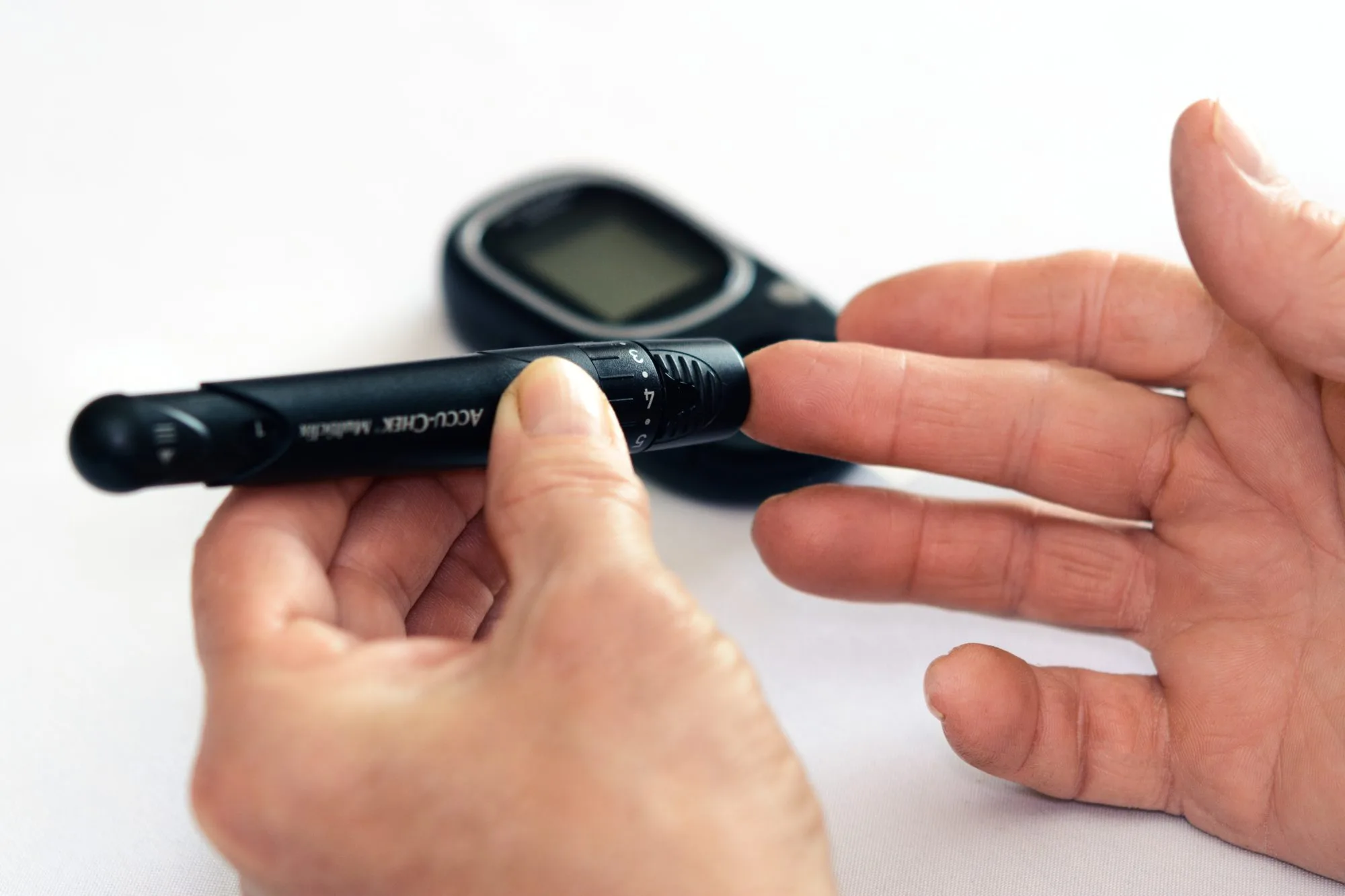A healthy diet, proper nutrition, and regular exercise are important to everybody. For those living with diabetes, they’re essential. It’s more than knowing how and when to check your blood glucose levels, bigger than a quick snack or wearing an insulin pod. It’s a way of life that millions of people across the U.S. share.
With the current uncertainty around us due to the Covid-19 virus, it’s even more important to be good to yourself and give your body what it needs to keep going. In order to properly manage the condition and keep you on the go, enjoying both the big and little things in life, here are some important things to consider.
Diabetes in A Time of COVID-19
Food
Healthy food options are just the tip of the iceberg but don’t worry about missing out on your favorites. Just be diligent about smaller portions and cut back on the frequency of treats. According to the National Institute of Diabetes and Digestive and Kidney Diseases (NIDDK) it’s good practice to fill your plate with foods from all the food groups.
Meal planning is a great way to ensure you’re eating healthy portions. This method also helps you to plan for snacks as well as keep track of carbohydrates or calories in the foods you’re preparing to ensure you’re not wasting your time on empty carbs or calories. The American Diabetes Association (ADA) offers some tips to help get started.
Plan ahead and be flexible when shopping by having alternative choices for foods if the supermarket isn’t well-stocked. The recent rush of people buying whatever they can find has left many searching for other options.
What to Avoid
It’s best to skip the high carb foods and drinks. Also, try to limit these foods:
- Starchy foods
- Sweets
- Milk
- Refined grains
- Added sugars
- Fruits
It’s also a good idea to avoid shopping or exercise during peak hours. Being diabetic puts you in a higher risk category for viruses such as Covid-19. Take advantage of special shopping hours for seniors and those with compromised health. Most establishments offer these times right after they clean and sanitize their stores. Plus fewer people should make your outing quicker.
Timing
Don’t wait for illness or natural disasters to strike before planning a bit. The ADA recommends building an emergency kit that is easy to locate. Be sure to have the names and phone numbers of important contacts such as your family, doctors, and pharmacy. Copies of insurance information, medications, and their dosages are a good idea, as well as a supply of testing supplies, prescriptions, or insulin, rubbing alcohol and cotton swabs. Add some hard candies, soda, and Jell-O if you tend to have low blood sugar.
The more meticulous you are about your schedule, the easier it will be to treat the condition. By eating and exercising at specific times, you’ll learn the best times to check your glucose levels. Harvard Medical School suggests waiting one to three hours after eating to exercise since this is when you’ll most likely experience higher blood glucose levels.
Quantity
In order to manage your diabetes, you need to set realistic goals for both eating and fitness. Fitness isn’t just about exercising for weight loss, though managing your weight will make it easier to live with the condition. There are other factors at play such as:
- What you eat
- Why you eat it (emotional eating)
- Environmental considerations (stress triggers)
- How much and how often you exercise
Physical Activity
The importance of physical activity is showcased by so many excellent benefits.
- Reduces blood glucose levels
- Lowers blood pressure
- Increases blood flow
- Lowers LDL (bad) cholesterol and triglycerides
- Raises HDL (good) cholesterol

Photo by cottonbro from Pexels
Even simple things like parking farther away from the store, skipping the elevator in favor of the stairs, and walking around while chatting on the phone can increase your level of activity. Regular tasks like housekeeping, gardening, and lawn care can really add up. For those looking for something more challenging, try low impact, aerobic, stretching, or strength-building exercises.
Staying safe while being active is crucial. Practice safe habits not only during the pandemic but every time you go out. If you’re involved in strenuous activity, check your blood sugar levels as needed. Be cautious if you have foot or nerve damage and be sure to use the proper equipment when needed.
Benefits of a Healthy Lifestyle
By sticking to a healthy and varied diet as well as getting plenty of exercises, you could enjoy a better night’s sleep, improved mood, and memory. In addition to weight control, regular exercise may help prevent falls in older people. It could even help lessen the effects of social isolation during Covid-19. Remember to be kind to yourself and encourage friends or loved ones with diabetes to do the same.
Who is the author?
 Tracy Rairigh is a medical, business, and technical writer with a Writing in the Sciences Certificate from the University of Stanford Medical. She is also the owner of Rairigh Writing. With over 150 published articles in health and wellness and a degree in Engineering, she has a vast array of knowledge to pull from.
Tracy Rairigh is a medical, business, and technical writer with a Writing in the Sciences Certificate from the University of Stanford Medical. She is also the owner of Rairigh Writing. With over 150 published articles in health and wellness and a degree in Engineering, she has a vast array of knowledge to pull from.



![women [longevity live]](https://longevitylive.com/wp-content/uploads/2020/01/photo-of-women-walking-down-the-street-1116984-100x100.jpg)










